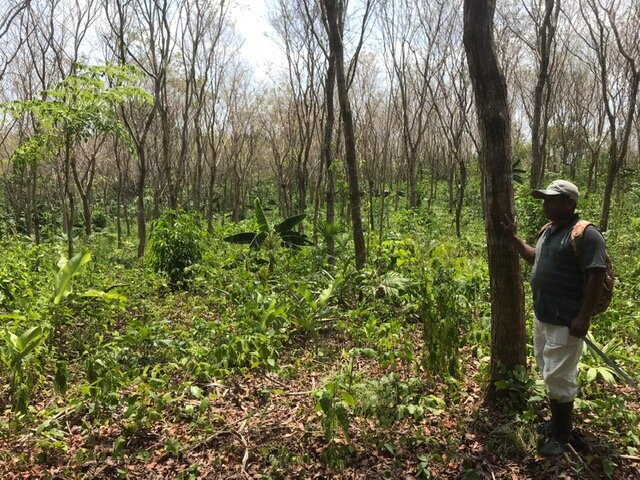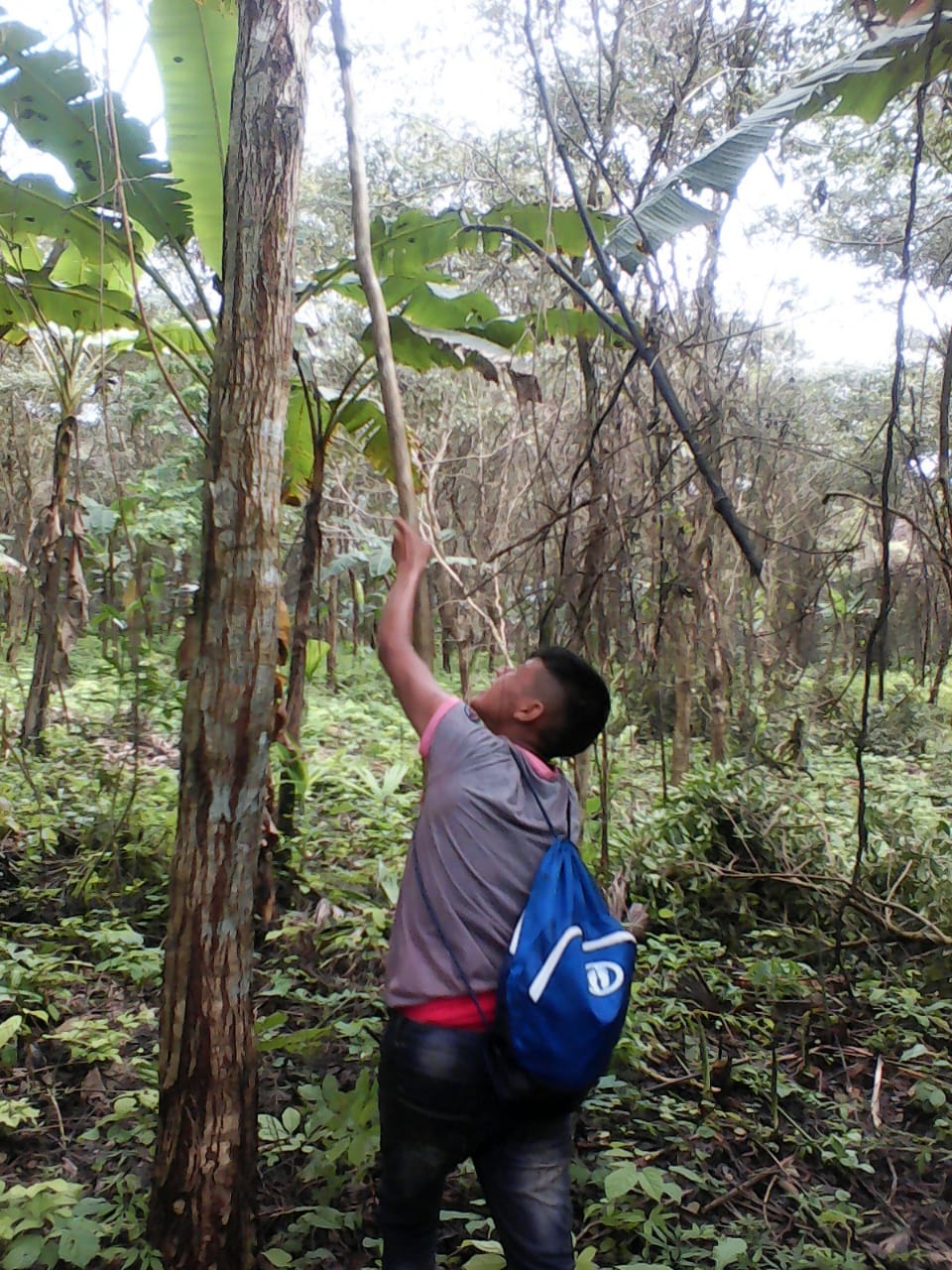Mining Debate in Panama
/Watch In Panama, 'New Conquistadors' Protest Canadian Copper Mines on PBS.
See more from PBS NewsHour.
Last night there was a report on the PBS NewsHour examining Canadian mining companies operating in Panama and the environmental impact of their mines on local communities.
As part of a larger project called “The New Conquistadors”, the piece profiled a subsistence farmer in the town of Coclecito, where a mining company is expanding a large gold mine. The piece covers the negative environmental effects that the open mines are reportedly having on downstream local communities, but also the benefits that the companies are pitching to those communities: schools, health centers and roads.
Perhaps the most interesting part of the report was the effect on local food production by subsistence farmers. According to the subsistence farmer interviewed, since the mining companies have been employing more and more local farmers, they have been importing more of the rice, beans, corn and coffee, that the farmers would traditionally grow themselves.
I was tempted to jump up on the soapbox—to discuss how our sustainable forestry model helps local farmers manage their land more effectively for short and long term benefits—but I’ll spare you. The mining companies are easy to go after and what we’re doing is different and doesn’t require a direct comparison.
We'll keep an eye on the mining debate in Panama, especially because it may indicate how the government will deal with indigenous land rights and environmental protection in the future.







